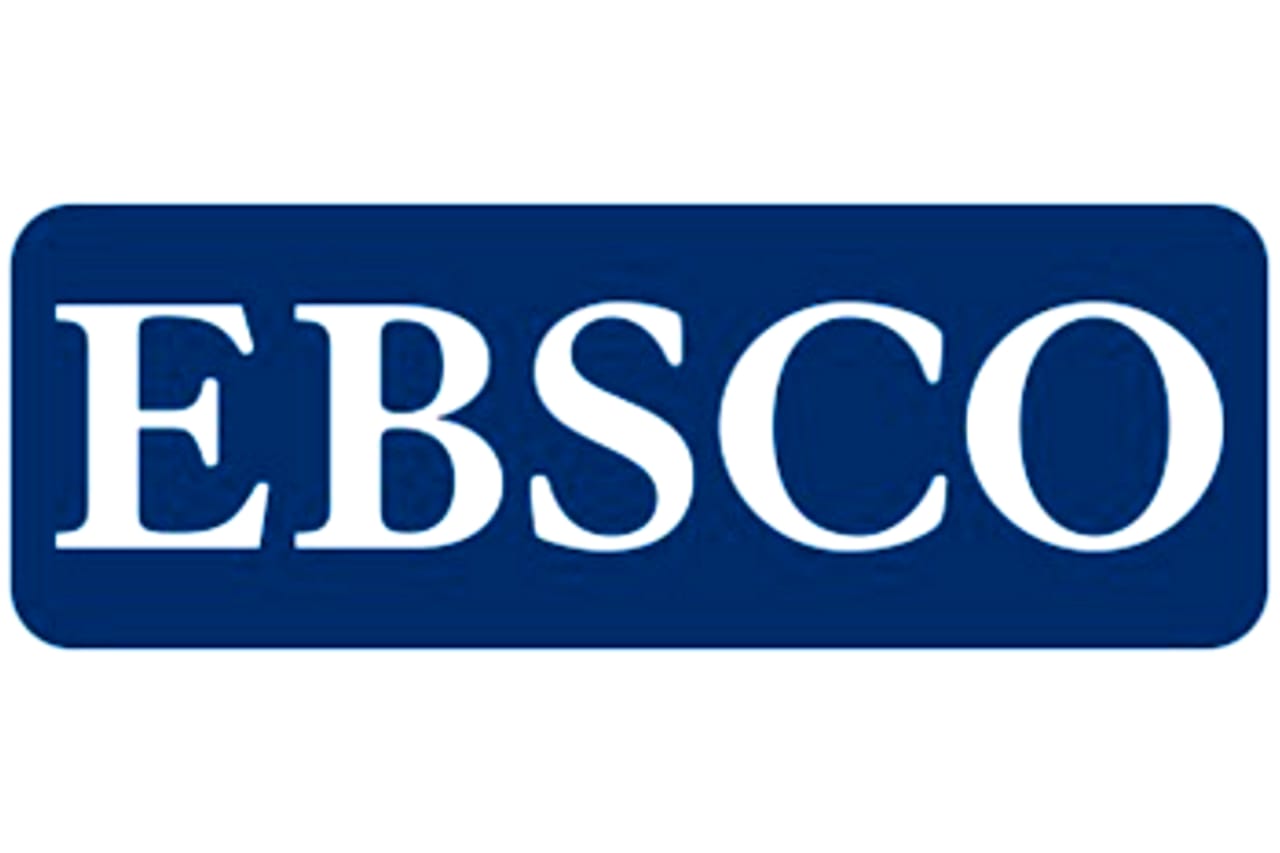Soliton surface associated with the oriented associativity equation for n=3 case
DOI:
https://doi.org/10.26577/ijmph-2019-i2-10Abstract
This paper describes the soliton surfaces approach to the Oriented Associativity equation for n=3 case. The equation of associativity arose from the 2D topological field theory. We constructed the surface associated with the Oriented Associativity equation for n=3 case equations using Sym-Tafel formula, which gives a connection between the classical geometry of manifolds immersed in Rm and the theory of solitons. The so-called Sym-Tafel formula simplifies the explicit reconstruction of the surface from the knowledge of its fundamental forms, unifies various integrable nonlinearities and enables one to apply powerful methods of the soliton theory to geometrical problems. The soliton surfaces approach is very useful in construction of the so-called integrable geometries. Indeed, any class of soliton surfaces is integrable. Geometrical objects associated with soliton surfaces (tangent vectors, normal vectors, foliations by curves etc.) usually can be identified with solutions to some nonlinear models (spins, chiral models, strings, vortices etc.). We consider the geometry of surfaces immersed in Euclidean spaces. The Oriented Associativity equation plays a fundamental role in the theory of integrable systems. Such soliton surfaces for the Oriented Associativity equation for n=3 case are considered, and first and second fundamental forms of soliton surfaces are found for this case. Also, we study an area of surfaces for the Oriented Associativity equation for n=3 case.
















